By Dickson Straitony – Art in Tanzania internship
Preschool education involves education and care. The early childhood period is a crucial and sensitive time for children’s holistic development, including social, physical, emotional and cognitive development. The child needs to be positive in their environment, as they are very active in learning everything they interact with through imitation and experience. Children’s learning and development occur in multiple contexts, from home to school, and should be well-prepared, stimulating, and supportive for holistic learning and development (Sestini, 1985). Laying is the best method of learning for children in this age group. All activities must be arranged based on play, and all activities should be planned and organised based on the child’s interests. Here, the learning process should start from what the child knows, using a bottom-up approach.
Preschool education considers the needs of children and individual differences, and should support the child’s psychomotor, social-emotional, linguistic, and cognitive development, build self-care skills, and prepare the child for school continuity. It should also impart self-respect, self-confidence, and self-control.
To respond to the needs of children, preschool education institutions should provide environments that comply with an understanding of democratic education.
The education process should begin with what children already know and provide opportunities for learning through experimentation and exploration. Education provided during the preschool phase should contribute to the development of children in terms of affection, respect, cooperation, responsibility, tolerance, solidarity, and sharing.
Background
Tanzania is a country in East Africa, located in Sub-Saharan Africa, with a population of 59.7 million. Of the population, 77% live in rural areas, while 23% live in urban areas, covering an area of approximately 945,087 km². According to UNESCO (2015), Tanzania has an adult literacy rate of 77.8%, with a male literacy rate of 83.2% and a female literacy rate of 73.09%.
According to Education for All (EFA) of 1990, as an international initiative for making education to benefit every citizen in every society, the first goal out of six is to “”” pand and improve comprehensive early childhood care and education, especially for most vulnerable and disadvantaged children””” nzania adopted the Pre-primary Education Policy in 1995 as part of the Education and Training Policy, where all primary schools established pre-primary education programs as part of a formal education program for two years that included children aged from five to six enrolled before joining primary school but not mandatory to that age where it depends on the parents. According to Mtahabwa and Rao (2009), young children in Tanzania currently attend programmes in childcare centre nursery schools, Montessori schools, or other preschools and pre-primary classes affiliated with primary schools. Children participate in various programs, including nursery, daycare, Kindergarten, Montessori, and pre-primary school. Preschool educational program is considered preparation for primary education, and it is a period of transition from home to a school environment, where parents and teachers must prepare the child for school readiness.
Total Enrollment in pre-primary education increased by 46.1% from 1,069,823 in 2015 to 1,562,770 in 20sensitizationase is a result of community sensitisation and a strong partnership among organisations, parents, faith-based organisations (FBOs), and community-based organisations (CBOs) in providing Pre-Primary Education. URT 2016) Pre-primary, Primary and Secondary Education Statistics in brief. In 2019, Primary school enrolment was reported at 41.59%, according to the World Bank’s collection of development indicators, indicating a drop in enrolments from 46.1% in 2016 to 41.59% in 2019. Different private sectors provide education and care for children under five years old as part of their preschool programs.
The success of the Early Childhood program has been due to the efforts of both the public and private sectors, which have linked together, although not all Tanzanians have been able to access it.
Low socioeconomic status of parents. His is the challenge low-income families face in access to education; the charging fees in private schools are not affordable to many parents in that case, they fail to send their children to preschool centres where they opt to keep them at home helping with different domestic work as the number of households involve in agricultural activities, and they become street children.
Education Quality and Resource Constraints in Public Schools. UNICEF Tanzania, 2018). Compared to private schools in Tanzania, the government has not invested significantly in ensuring the quality of early childhood education, and most children who attend public preschools do not acquire satisfactory basic learning skills necessary for school continuity. The challenge of resources for teaching and learning in public preschools, such as stimulating learning materials and a supportive environment, is also that preschool and primary schools share the same classes, with learning taking place in shifts.
Parental awareness of early childhood education. In Tanzania, many parents are unaware of the importance of early childhood education for their children, particularly in rural villages and remote areas. The value of education is still low in Tanzania. Many children do not attend school, preschool, or primary school and are instead sent to the workforce (Pambas, 2010). Children from this group of parents are affected, and if they enrol in primary school, they have limited fundamental learning skills.
Public preschools are located far away from the home environment. In some regions, children have to walk for miles to school with no passenger vehicles, and even if they are available, some parents may struggle to afford daily fares alongside other expenses, fearing for the security of their children; hence, they do not enrol them in preschool.
Inadequate preschool teachers have become a challenge for public primary and secondary schools, as well as preschools. Primary school teachers assume the role of teaching due to a lack of professional preschool teachers, as they are responsible for teaching in both primary schools and preschools. As a result, they have a heavy workload that reduces work efficiency, and sometimes, they volunteer; nonprofessional teachers teach those preschool children in private centres. Hey, I don’t have professional knowledge and skills in teaching and learning to preschool children, which leads—thoser-quality education.do not receive qualified in-service training as part of their professional development (Kitta, 2004).
Traditional norms, cultural values and gender discrimination. Ender inequalities due to discriminatory norms hurt children’s access to education from early childhood education and above, as families cannot afford to educate all children fully. Girls are not given much importance and are treated as inferior to boys, especially in rural areas within Tanzania (Mligo 2018). In some societies, norms surrounding marriageability and those related to the gender division of girls’ education affect girls’ education.n Children with disabilities also face challenges in access to education due to negative perceptions of their ability to learn.
Possible solutions
Involve parents and the community as active participants in early childhood education and care intervention programs. He involvement of these two actors in chchilchildren’scationalxperience as the parents participate to chchilchildren’scationy actively supporting, encouraging, and providing a supportive home learning environment; when parents are involved, they become experts to their child and reinforce the development of preschool program The child and their family should actively take part in the process of education as it is urged that when parents are involved in child education, the possibility of that child to school achievements is highe.r
Provision of funds from the government to preschools. Due to preschool settings not being conducive and supportive for children, the government should provide funds from internal or external sources. Therefore, preschool education should have a budget for better investment and improvement in delivering quality education. enough preschool classes with supportive infrastructures for both children, including disadvantaged children
The government has to increase the number of preschool centres. In some areas of Tanzania, the number of children exceeds the school facilities. As a result, the indoor activities are all done outside. However, the limited number of preschools results in long distances from home to school, and few can attend; hence, dropouts and truancy increase.
Conclusion
Tanzania, as a developing country investing in early childhood education, is taking a crucial step towards development that will ensure the public provision of high-quality early childhood education by establishing clear policies and working to increase enrolment, registration, and curriculum development, as well as producing a large number of sensitised early childhood teachers. The government should focus more on sensitising the community and parents to the value of preschool education and creating a suitable environment to improve their socioeconomic status.
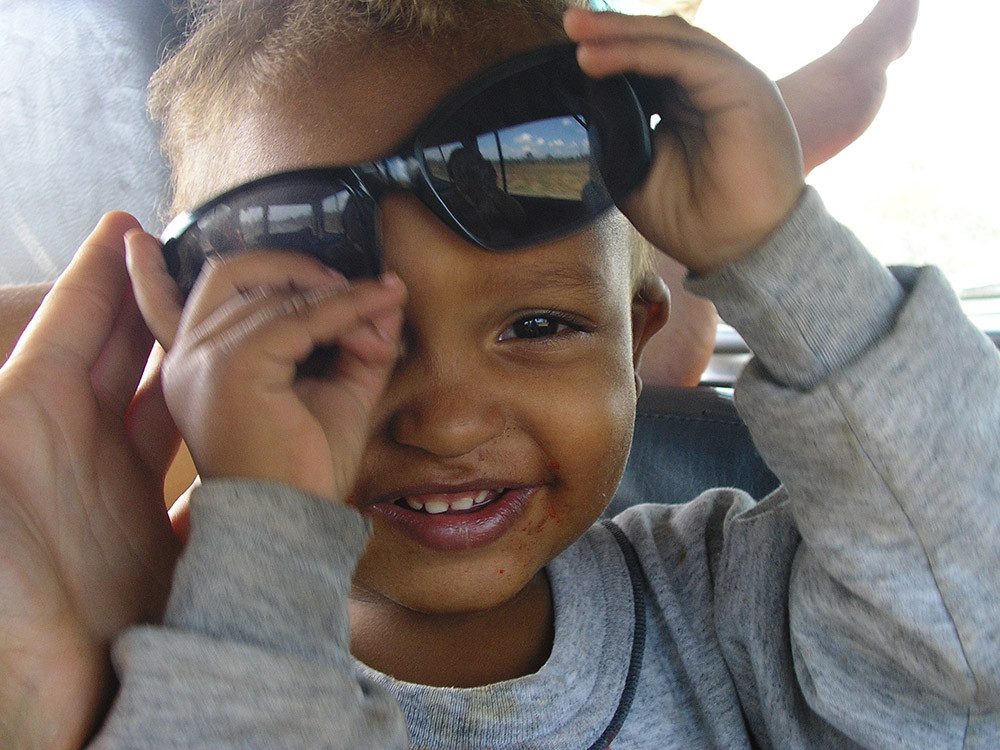

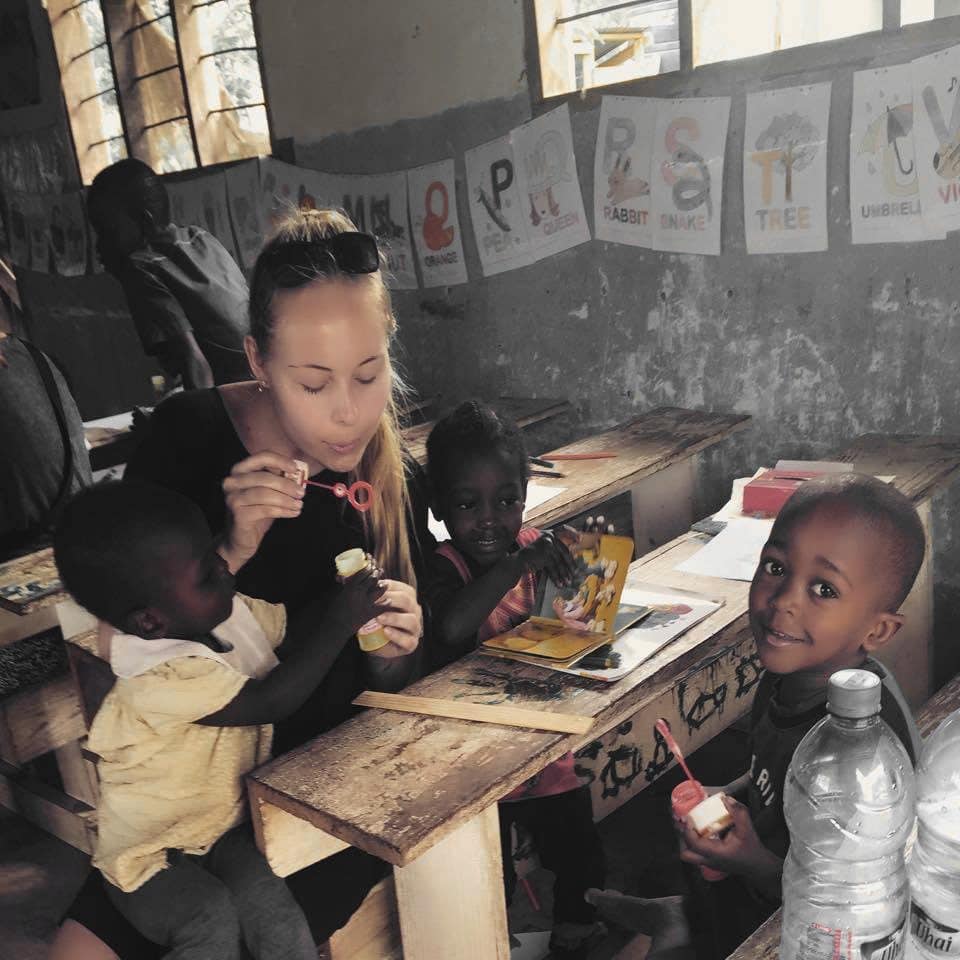

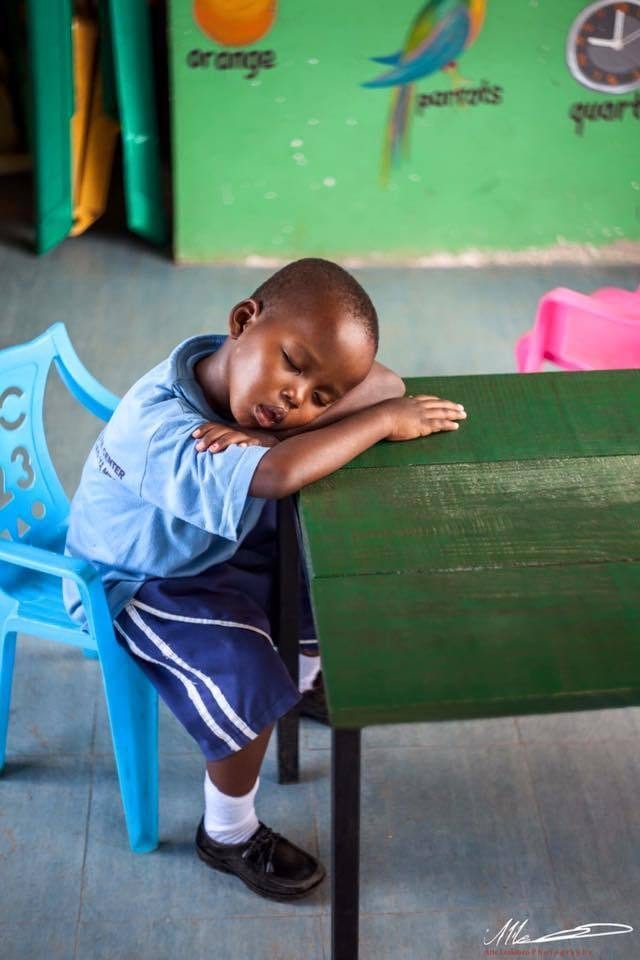
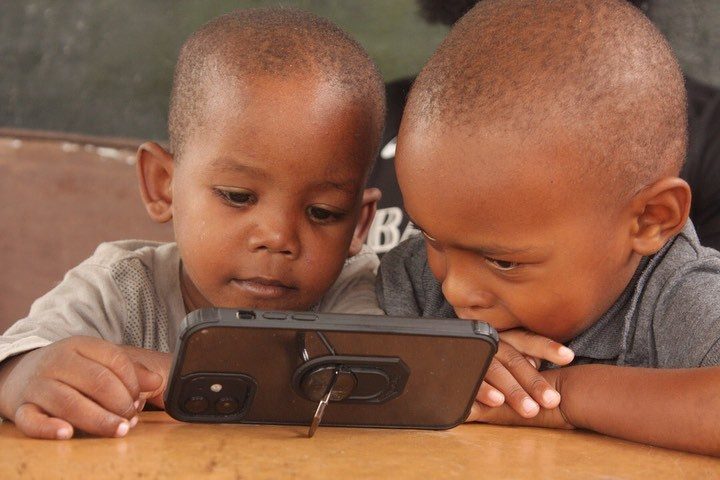
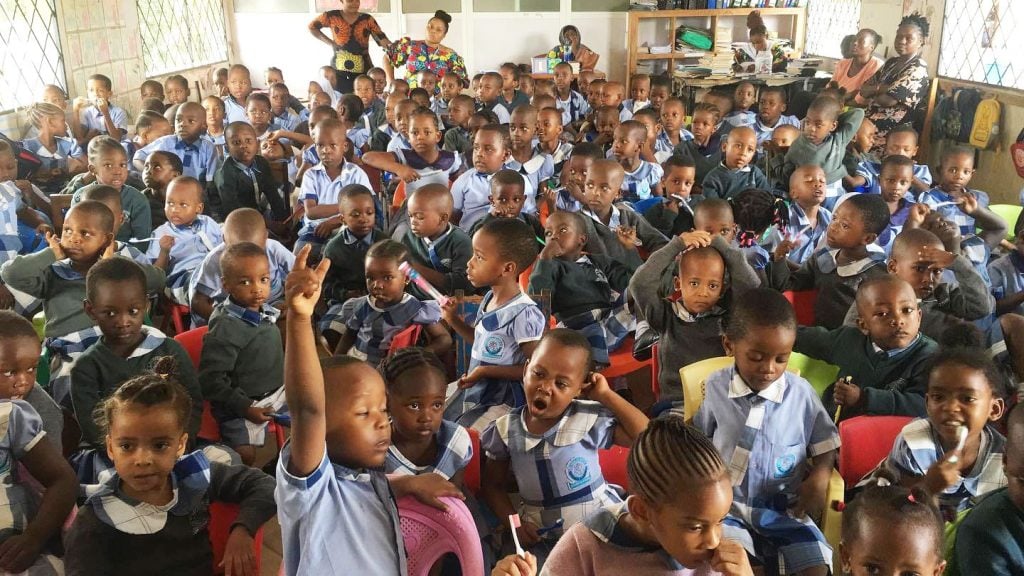
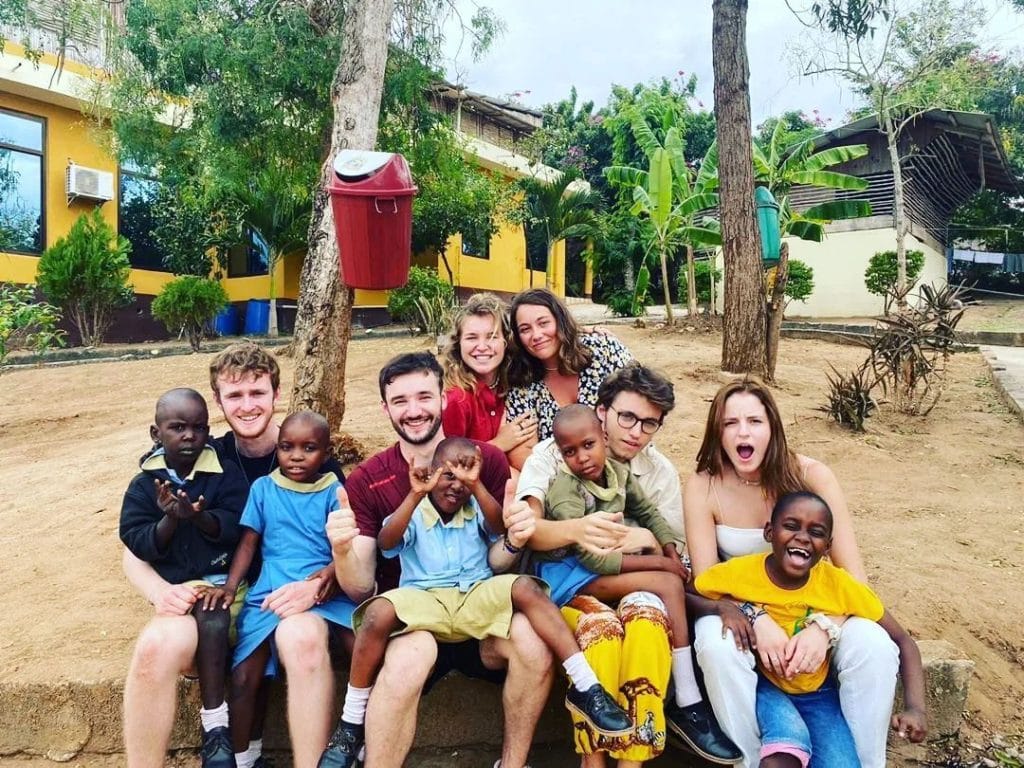
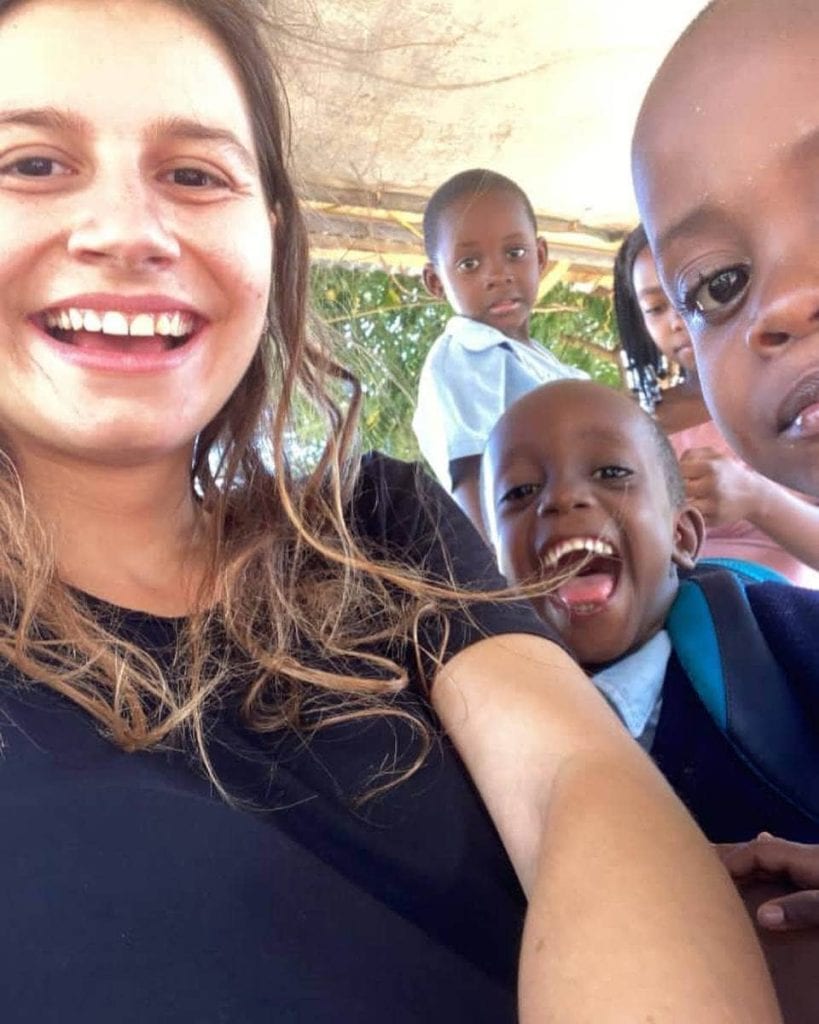
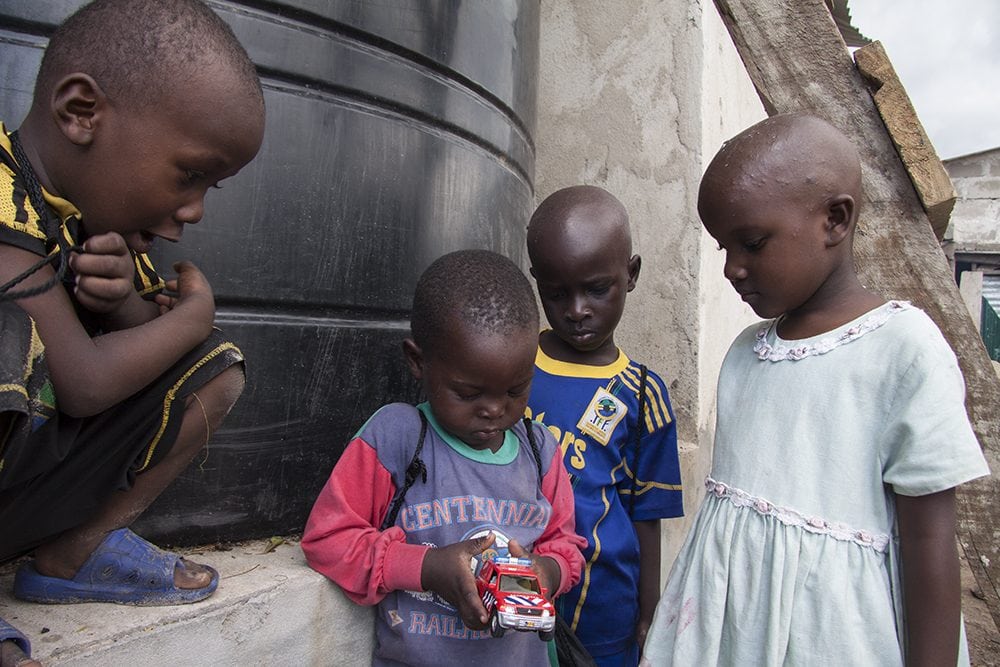
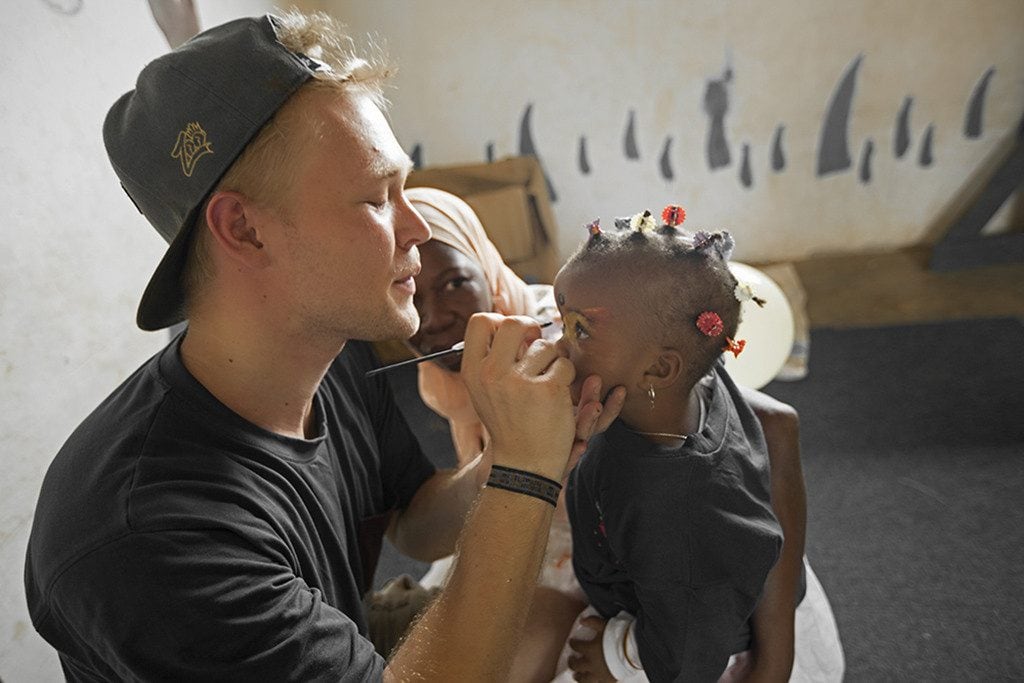
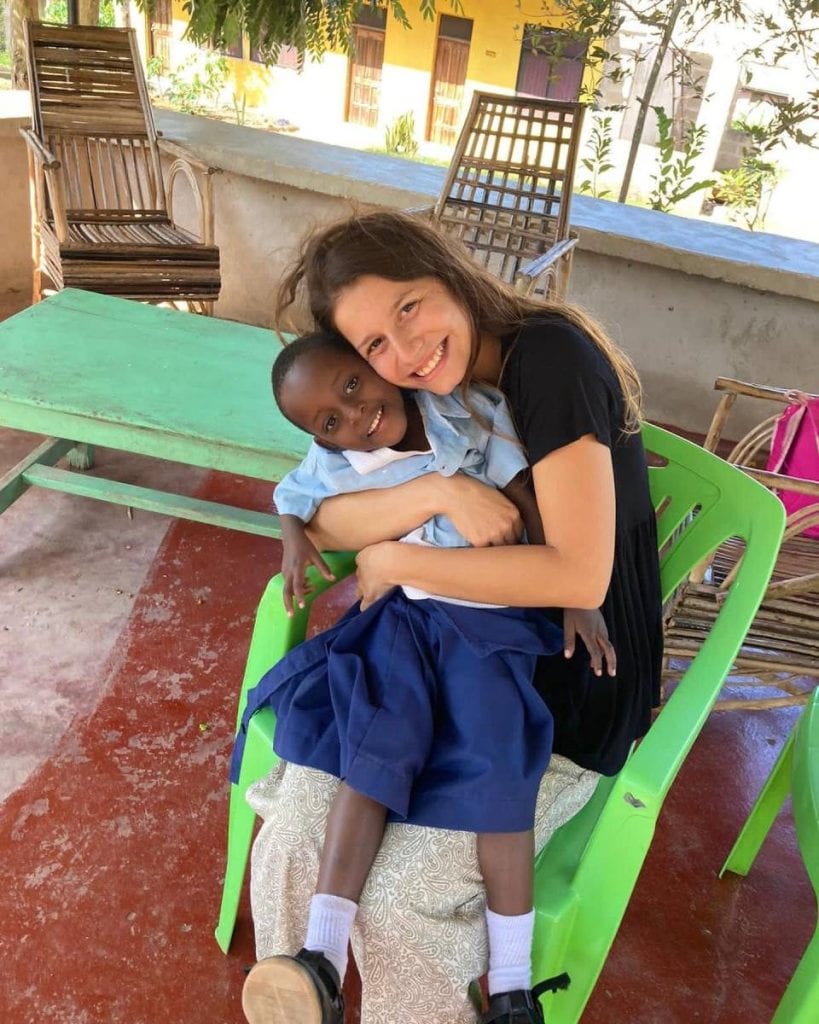
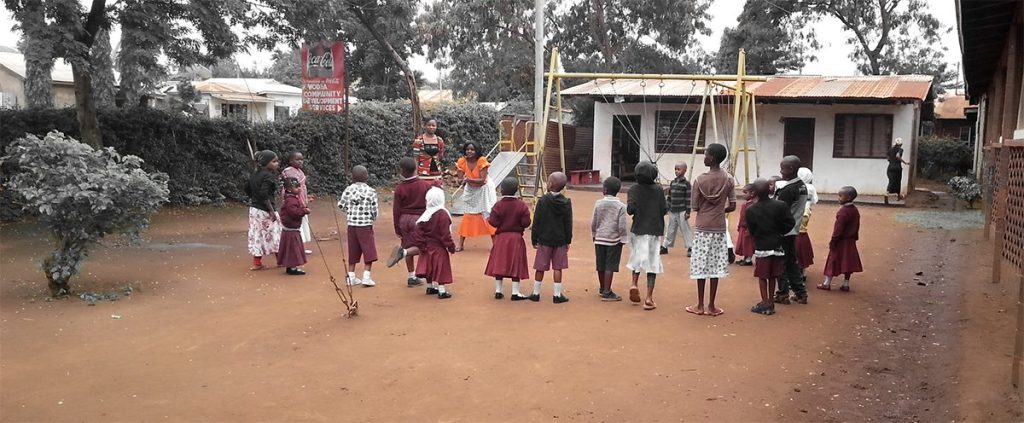
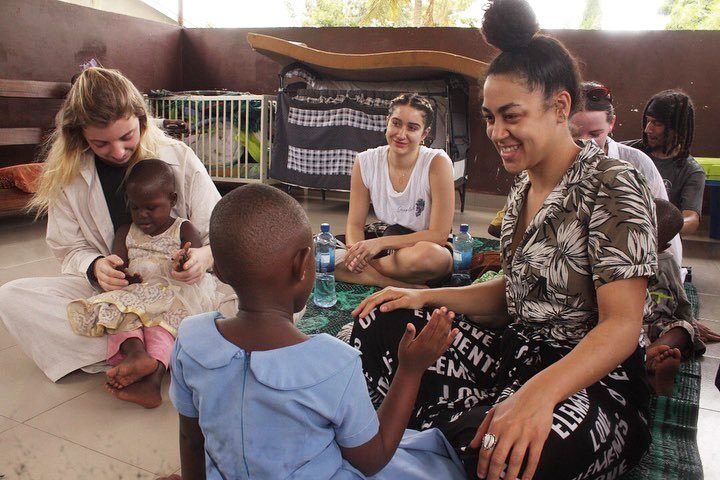
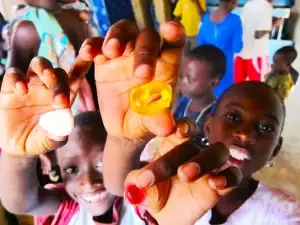
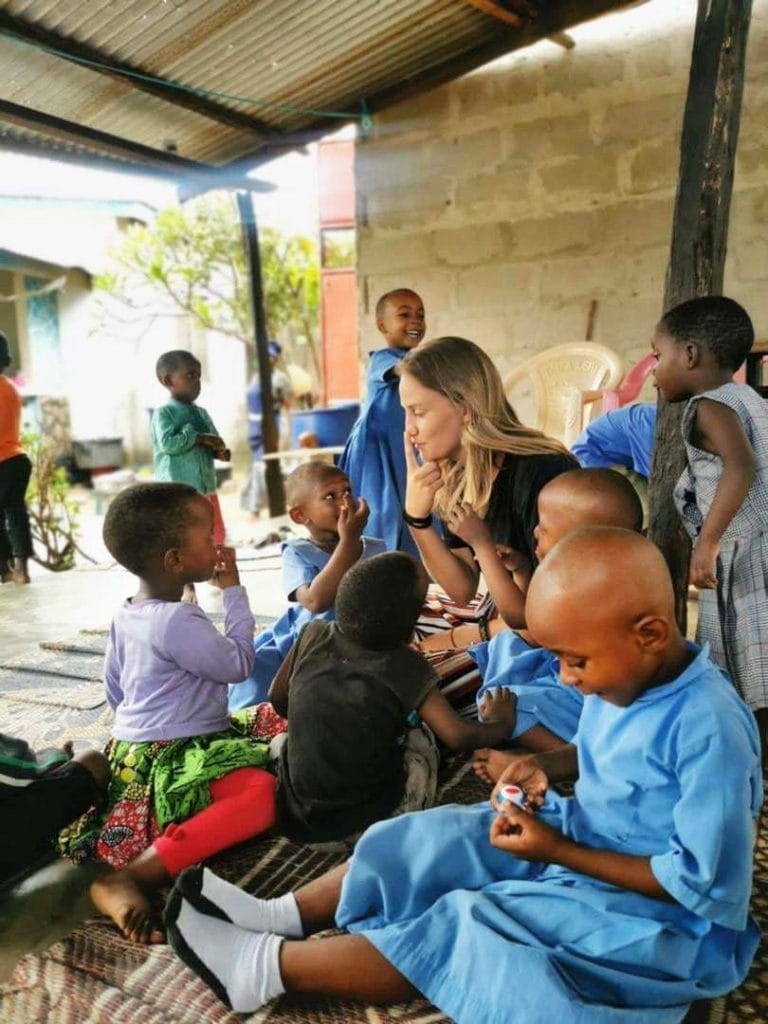
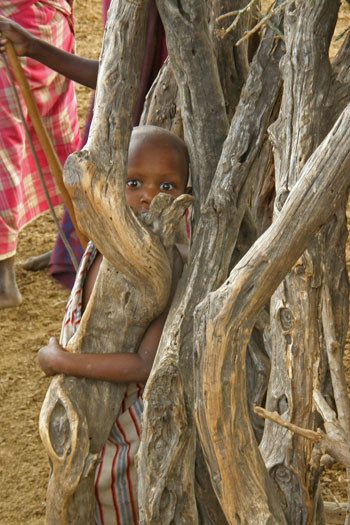
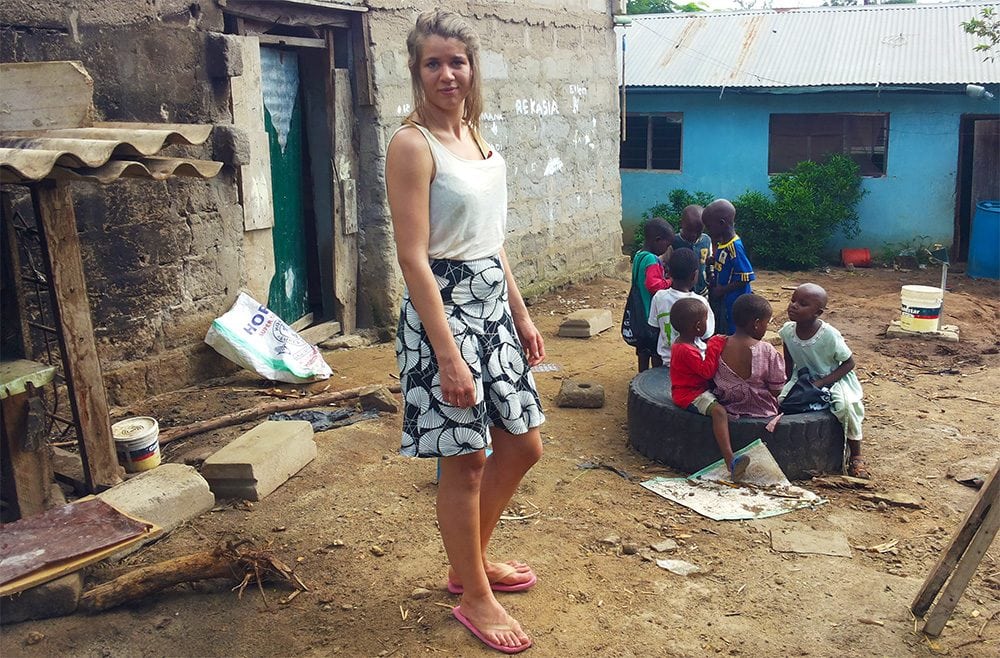

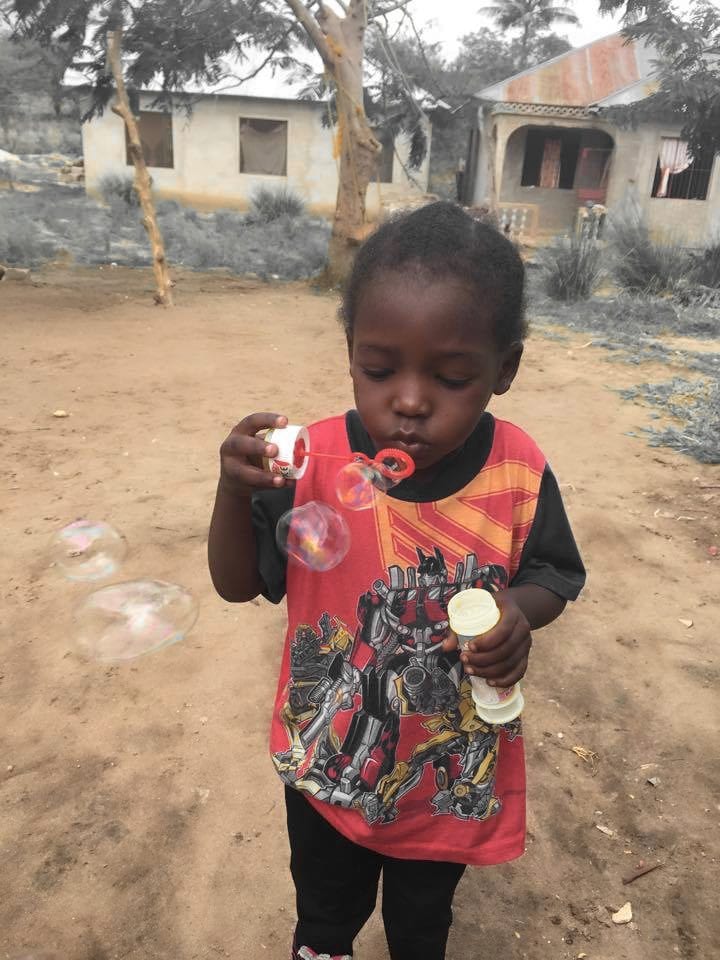

Reference
Kitta S. (2004). Enhancing Mathematics Teachers’ Pedagogical Content Knowledge and Skills in Tanzania. Enschede: University of Twente.
Mligo I. (2018). Enhancing Young Children’s Access to Early Childhood Education and Care in TanzaniaContemporaryry perspective on Child Psychology and Education,
Pambas, T. (2010). Stakeholders’ Conception of Young Children’s Readiness for Primary Schooling in Tanzania.Unpublished M.A.M.A. Thesis, University of Dodoma.
Sestini, E. (1985). Preschool Education: Recent Developments in Preschool Policies and Provision in Developing Countries and the UK. In Lillis, K. M. (Ed.). School and Community in Less Developed Countries. Biddles Limited, Guiford King’s Lynn, Great Britain
UNICEF Tanzania. 2018. Education: The Situation http://www.unicef.org/tanzania/education.html





